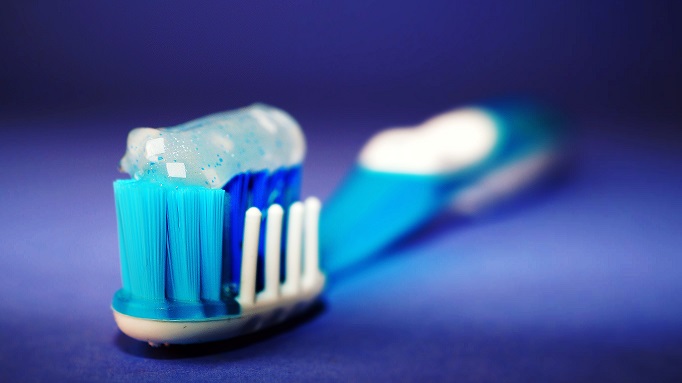As we’re in National Smile Month at the moment we thought it would be a good time to share some tips so we can all keep our smiles in the best condition.
What causes tooth decay?
We all have bacteria living in our mouths. When we eat and drink any sugars in the food and drink are broken down by the bacteria which produce acid. This acid attacks our teeth and will lead to tooth decay if not managed.
So what can we do to prevent the decay?
Brush
Brush teeth for 2 minutes twice a day, just before bed and another time in the day. Leave some time after eating before you brush (around 20 mins) as straight after eating teeth are under attack from the acid produced by the bacteria and this softens the surface of the teeth a little. Brushing when the teeth are softer can lead to excessive wear on the teeth. Have a look at our video on tooth brushing for the correct technique.
www.orcharddentalpractice.co.uk/how-to-brush-your-teeth
A lot of damage can be caused by scrubbing very hard when you brush. This can wear away the teeth, particularly along the gum line leading to sensitivity. Just gentle pressure is all that is needed.
You should use a normal adult toothpaste containing 1450 ppm of fluoride. Spit the toothpaste out after brushing but don’t rinse. You want the fluoride to remain in contact with your teeth to protect them throughout the day.
Electric or manual toothbrush?
Manual toothbrushes can be as effective as electric brushes provided you brush for 2 minutes and use the correct technique. There is a handy app, brush DJ, that can help you brush for the full 2 minutes. The advantage that electric toothbrushes provide is that they are easier to use as you simply move the brush along your teeth and the brush does the work. Most also have a timer to tell you when you have brushed for a full 2 minutes. A common problem that people have is pressing too hard when using a manual toothbrush which can damage the teeth and lead to sensitivity. This is easier to avoid with an electric brush, and some electric brushes have sensors which warn you or stop the brush when the pressure is too high.
Interdental brushes or floss?
We shouldn’t neglect the area between our teeth. Food can often get stuck between teeth and this is an area which plaque can build up. We can use interdental brushes or floss to clean between our teeth but we recommend interdental brushes as studies have shown that they clean better than floss and are easier to use. Interdental brushes come in different sizes so ask your hygienist or dentist which size to use.
Interdental brushes should be used dry, so no toothpaste, and before rather than after brushing. However you don’t need to use them at the same time as you brush. Most people are in a rush in the morning and can often be too tired to really bother just before bed. We find that the people who make the most improvements in their oral health build interdental brushing into their daily life and often do it in the evenings while watching the tv for example.
Do I need mouthwash?
Mouthwash can be used as an extra on top of brushing and interdental brushes. A fluoride Mouthwash will give your teeth added protection if you use it between brushing. Don’t use a mouthwash straight after brushing as you will wash away some of the fluoride left on the teeth from your toothpaste and be left with less fluoride protection, even if the mouthwash contains fluoride. Don’t eat or drink for 30 minutes after using mouthwash to prolong the protection of your teeth.
My gum bleeds a little when I brush – should I stop?
No. Bleeding gums are a sign that the area needs more cleaning, not less, so continue brushing as normal. If you are concerned then see your dentist or hygienist.
